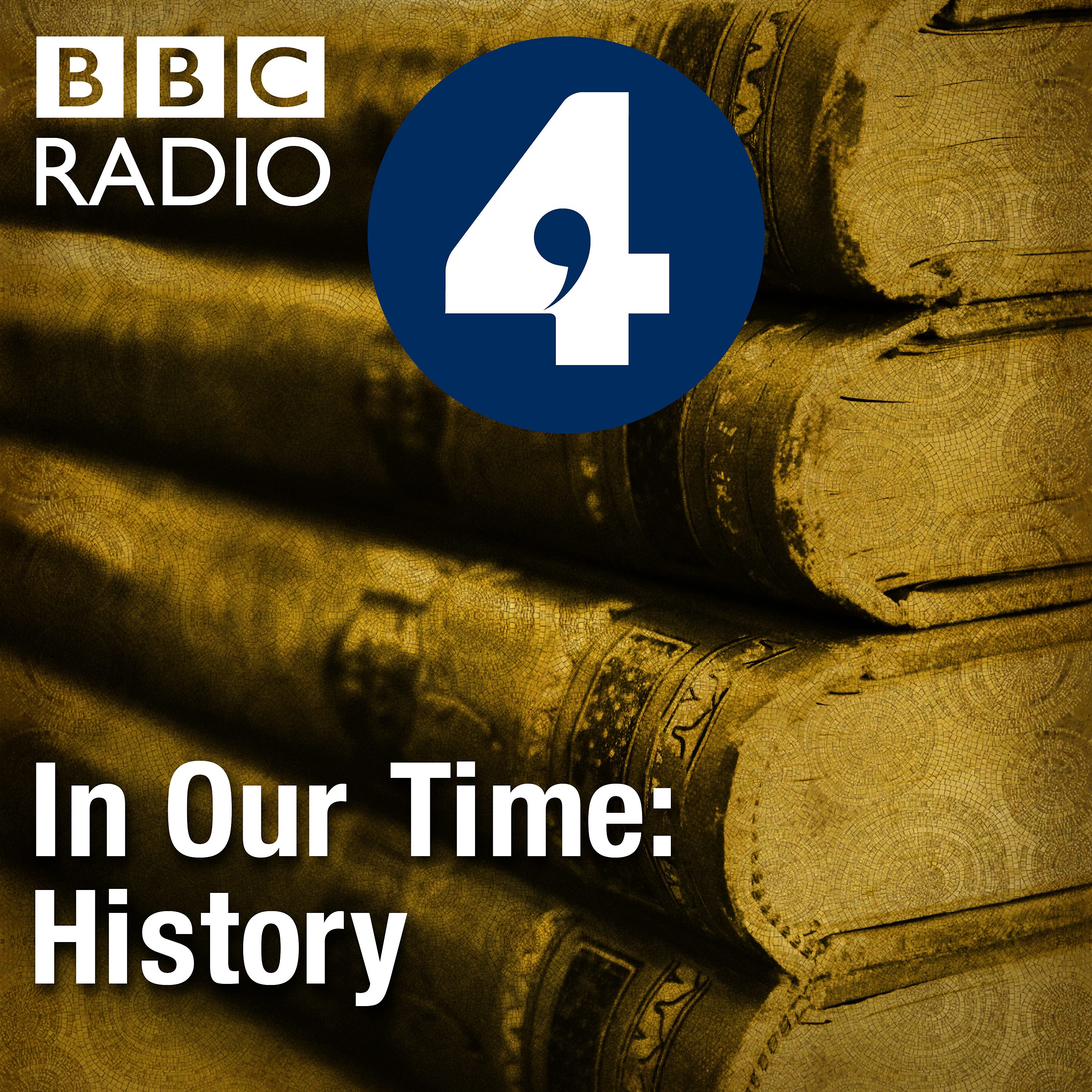Homo erectus
Description
Melvyn Bragg and guests discuss one of our ancestors, Homo erectus, who thrived on Earth for around two million years whereas we, Homo sapiens, emerged only in the last three hundred thousand years. Homo erectus, or Upright Man, spread from Africa to Asia and it was on the Island of Java that fossilised remains were found in 1891 in an expedition led by Dutch scientist Eugène Dubois. Homo erectus people adapted to different habitats, ate varied food, lived in groups, had stamina to outrun their prey; and discoveries have prompted many theories on the relationship between their diet and the size of their brains, on their ability as seafarers, on their creativity and on their ability to speak and otherwise communicate.
The image above is from a diorama at the Moesgaard Museum in Denmark, depicting the Turkana Boy referred to in the programme.
With
Peter Kjærgaard
Director of the Natural History Museum of Denmark and Professor of Evolutionary History at the University of Copenhagen
José Joordens
Senior Researcher in Human Evolution at Naturalis Biodiversity Centre and Professor of Human Evolution at Maastricht University
And
Mark Maslin
Professor of Earth System Science at University College London
Producer: Simon Tillotson
More Episodes
Published 10/31/24
Melvyn Bragg and guests discuss the notorious attack of 4th of May 1886 at a workers rally in Chicago when somebody threw a bomb that killed a policeman, Mathias J. Degan. The chaotic shooting that followed left more people dead and sent shockwaves across America and Europe. This was in...
Published 10/31/24
Melvyn Bragg and guests discuss one of the major figures in Victorian British politics. Disraeli (1804 -1881) served both as Prime Minister twice and, for long periods, as leader of the opposition. Born a Jew, he was only permitted to enter Parliament as his father had him baptised into the...
Published 10/17/24


